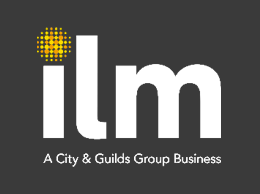It’s not a great surprise to learn that one of our most popular topics at the moment is resilience and ways to improve our mental health. To some, resilience is a sort of “miracle drug” personality trait that can heal all wounds and right all wrongs.
In simple terms, resilience is our ability to adapt and bounce back when things don’t go as planned. Resilient people don’t wallow or dwell on failures; they acknowledge the situation, learn from their mistakes, and then move forward. And it’s the ability to learn and move on that is a key driver in improving our mental health, particularly at work.
Here at Futureproof, we believe that the following building blocks provide a great framework to adopt when looking at your resilience and your ability to move forward.
- Get connected. Building strong, positive relationships in your personal and professional life can provide much needed support in good and bad times.
- Learn from experience. Think of how you’ve coped with hardships and disappointment in the past. Consider the skills and strategies that helped you through difficult times. Sometimes writing or making notes about past experiences can help you identify positive and negative behaviour patterns.
- Be proactive. Don’t ignore your problems. Instead, figure out what needs to be done, make a plan, and take action. Although it can take time to recover from a major setback, know that your situation can improve if you work at it.
- Make every day meaningful. Do something that gives you a sense of accomplishment and purpose every day. Set goals to help you look toward the future with meaning.
- Remain hopeful. You can’t change the past, but you can always look toward the future. Accepting and even anticipating change makes it easier to adapt and view new challenges with less anxiety.
- Take care of yourself. Tend to your own physical and mental needs and participate in activities and hobbies you enjoy. Include physical activity in your daily routine. Get plenty of sleep. Eat a healthy diet. Practice stress management and relaxation techniques, such as yoga, meditation or deep breathing.
Taking care of and improving our mental health needs commitment but the positive influence it has on our life can be huge. We make time for our bodies, make time for our minds too.
To learn more about what we offer to help manage mental health and boost resilience, contact one of our L&D Managers at info@futureproof-training.co.uk or 01623 409 824.






